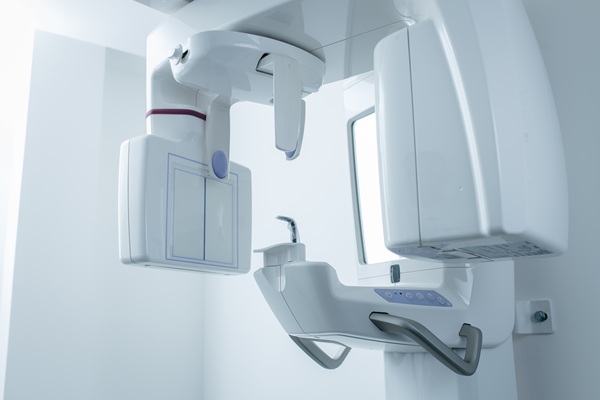Four Root Canal Recovery Tips from a General Dentist

A root canal is typically recommended when a tooth is infected or when it has been damaged to the point that its pulp chamber is compromised. The pulp chamber is a sealed off part of a tooth that houses the tooth's nerves and blood vessels.
Root canals have a reputation as one of the scary treatments performed by dentists, but the procedure involves little to no pain thanks to the local anesthetics used. Root canals help to get rid of toothaches and pain, not add to it.
Recovery after root canal therapy
There is not much of a recovery period after getting a root canal, but there are a variety of simple things patients can do to ensure the treated tooth heals properly. These include:
1. Wait for the anesthetic to wear off before eating
It can take a few hours for the local anesthetic used during a root canal to wear off. Trying to eat during this window can lead to cuts and bites to soft tissues in the mouth like the tongue and cheeks. Patients might also experience some swelling after their treatment. This can be alleviated by applying an ice pack to the area.
Dentists recommend sticking to soft foods for the first few days after a root canal. This reduces the odds of the tooth being damaged while it heals or the filling material used to seal the tooth being dislodged.
2. Avoid strenuous activities
Strenuous exercises can lengthen the time it takes for a tooth that has been restored with a root canal to heal. Dentists recommend avoiding exercises and other intense physical activities for a few days after getting a root canal.
Low-intensity exercises like walking do not cause the body unnecessary stress. Patients should incorporate such exercises into their routines as they recover.
3. Get lots of rest
The body does most of its healing while in a rested state. Getting lots of rest after dental treatments like root canals helps to promote speedy recovery. This includes getting at least eight hours of sleep each night and not overexerting yourself during the day.
4. Avoid chewy and sticky foods
Dentists often recommend covering up teeth that have been repaired with root canals with crowns. A crown is a restoration that covers up the visible part of a tooth. It covers any damage and aesthetic issues on the tooth, and it protects it from bite forces and irritants in the mouth.
Crowns are held in place with dental cement, and it can take up to 48 hours for the material to set. During this period, patients need to be careful about the things they eat since they can end up dislodging the crown.
Recovering from a root canal is easy
There is no need to be scared of root canal treatment. Most people feel significantly better after a root canal than they did when they walked into the clinic. Call or visit our Stoughton office to learn more about how our dentist restores teeth with root canals.
Request an appointment here: https://dentistryonpark.com or call Dentistry on Park, LLC at (781) 443-8131 for an appointment in our Stoughton office.
Check out what others are saying about our services on Yelp: Read our Yelp reviews.
Recent Posts
Routine dental checkups often include preventive measures that go beyond cleaning teeth. An example is the oral cancer screening. General dentists recommend these screenings to detect early signs of oral cancer, which can significantly improve treatment outcomes. Understanding the role of oral cancer screenings and what to expect during them can help you decide whether…
When searching for a dentist near me, families are often looking for more than just convenience. Quality, comfort, and trust can all help them select the right dental provider. Working with a trustworthy dental practice that understands your entire family's needs can make a lasting difference in your oral health.Dental health has a direct link…
If you're considering your options for replacing missing teeth, you may want to know when you should make your decision. In short, as soon as you can. Now, this is not always an option nor available at a moment's notice.Depending on the route you go, you're going to have to wait to let things heal.…
If you have a missing tooth or several missing teeth, you may wonder what your options for replacing missing teeth are. Fortunately, there are several replacement options. Dental implants are not the only option for replacing missing teeth. Continue reading to learn about the treatments available, along with the pros and cons of each treatment…


